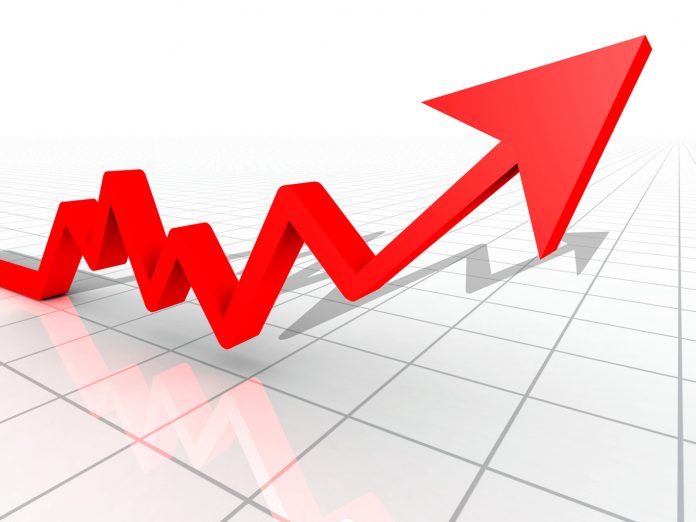Although on a year-on-year basis inflation rate was 9.32 per points higher compared to the rate recorded in July 2023, which was 24.08 per cent, the month-on-month rate showed a drop of 0.8 per cent lower than the 34.19 per cent recorded in June 2024.
This drop is essentially attributable to the drop in food inflation which has been the chief driver of headline inflation in the country. Food inflation month-on-month rates recorded a drop of 0.08 per cent, from 40.87 per cent in June to 39.53 per cent in July.
The NBS report shows that Inflation rate is highest in Bauchi at 46.04 per cent, as against the June rate of 42.95 per cent and lowest in Benue at 27.28 per cent. It said Food inflation is highest in Sokoto state at 46.26 per cent and lowest in Adawama at 33.48 per cent. Urban inflation is 35.77 per cent as against June figures of 36.55 per and Rural inflation is 31.26 per cent as against the June rate that was 31.09 per cent.
A cheering news this is, given the pains Nigerians have been going through as a result of high cost of living since the inception of the Tinubu administration in May 2023.
The high inflationary rate combined with the fluctuations in exchange rate of the naira has taken a devastating toll on the economy resulting in businesses shutting down and families unable to meet their household needs.
The government has been fighting frantically to stimulate the economy and bring down the inflation, but the efforts have not yielded the desired results.
On its part, the Central Bank of Nigeria (CBN) engaged in a bullish monetary policy tightening spree. In his first Monetary Policy Committee (MPC) meeting on assumption into office, Governor Yemi Cardoso increased the interest rate by 600 basis points from 18.75 per cent to 22.75 per cent.
This was followed by another 200 basis points hike and a further 150 basis point increase to reach 26.25 per cent. The apex bank also increased the Cash Reserve Ratio (CRR) of banks to 45 per cent – one of the highest in the world.
Reacting to the drop in inflation, Professor Uche Uwaleke of Nasarawa State University, Keffi, said that the easing in the headline inflation rate is due chiefly to the moderation in food inflation occasioned by the harvest season.
He said that the drought reported in many parts of the North partly explains the high rate of food inflation in States like Sokoto where it is 46.26 per and Jigawa where it is 46.05 per cent. He added that it is instructive to note that rural inflation rate increased in the month of July.
“What all these point to is that it is time for the CBN to recognize the real pressure points and shift some attention to how the fiscal authorities can be supported to boost food production beginning with a halt in MPR hike next month,” he said.
In his own reaction, Lead Director, Centre for Social Justice (CSJ),Barr. Eze Onyekpere, said it is not yet Uhuru. According to him it is still too early in the day to start celebrations.
According to him, “It is too early in the day to predict that the rate will continually move downward. It is just a paltry 0.8 per cent drop. Of course, the rate would not have perpetually continued on the upward swing.”
He said that it is expected that as the harvest season sets in, and new food comes into the market, food inflation would drop. “It is important for the MPC to understand that this slight drop is not the evidence for more increase in the MPR and the CRR at their next meeting,” he said.
For the National President of All Farmers Association of Nigeria (AFAN), Arc Kabir Ibrahim, the transparent implementation of duty-free importation window will surely bring down the cost of food more before the harvesting takes full swing.
In his words, “Let’s monitor the duty free import window by making it transparent and devoid of corruption. It will make inflation come down before harvest season begins in earnest. However, for sustainability we must incentivize smallholder farmers (SHFs) to scale their productivity.”


